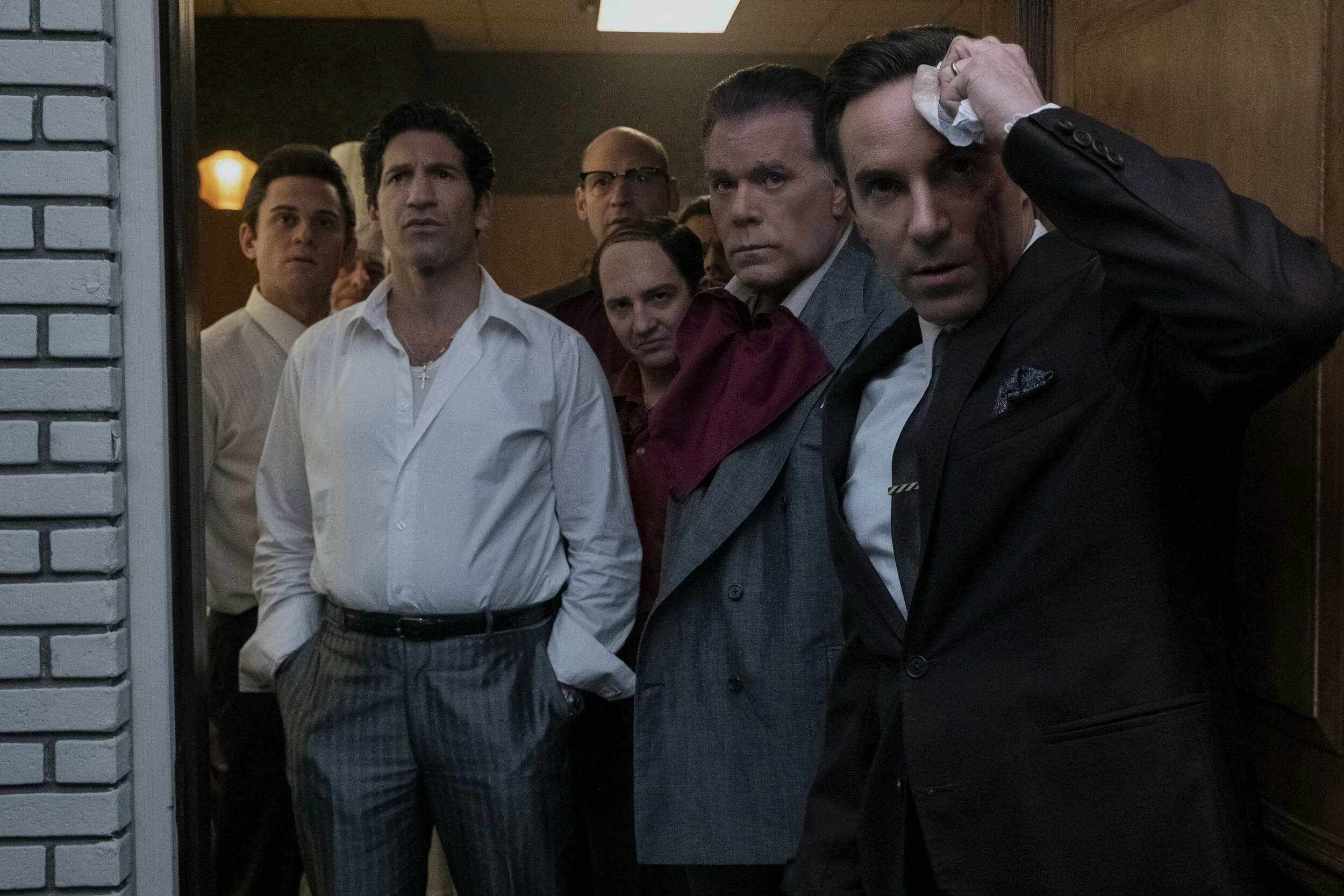Film Review: "Detroit" is unflinchingly confronting - but to what end?
Minutes before a prolonged sequence of white policemen psychologically torturing black men and two white women at the Algiers Motel during the 1967 Detroit City riots, when relations between the police and the black community were at an all-time low, a black man playfully brandishes a toy gun in his friend's face and says something to the effect of, “This is what it is to be black, every day.”
For better and for worse, this statement defines Detroit.
With Detroit, Kathryn Bigelow and writer Mark Boal have crafted a film that assaults and enrages. Bigelow, the woman behind The Hurt Locker and Zero Dark Thirty, is an empathic, powerful filmmaker. When a man's ribs and face are impacted by the butt of a policeman's rifle, you feel not only the immediate reverberation of the sickening crunch, but also the deformation of his whole life. A little girl is blown to hell in her living room for peeking through the blinds; the half-assed reasoning is that she vaguely resembled a sniper. Throughout Detroit, Bigelow clearly respects the devastating nature of state-sanctioned violence. As the incident at the Algiers Motel escalates and inexorably builds to a point of no return, an incident which takes up a good 50% of Detroit, foreheads glisten with more and more beads of sweat and armpits darken. The fear and dread radiates off the screen and leaves an impression you wish you could forget.
When Detroit 's filmic eye pulls back from a little street corner or room to showcase a larger view of the riot engulfing the city, the scenes interlace with archival footage of the real 1967 riots and it's impossible not to be in awe of the impeccable attention to detail. The camera, when not ducking and weaving through the chaos, inelegantly etches haunting moments in your mind, much like a real documentary would.
The artfulness is something to behold. It's all so well-intentioned and serious as a heart attack, as it should be.
But what Detroit crucially lacks, is insight. Insight into Detroit as a people, insight into Detroit as a community, and insight into how and why an American city exploded into a war zone worthy of 'Nam. Without insight, the violence and dehumanisation ultimately becomes meaningless and exploitative.
Detroit implicitly tells us that a racist system thrives by banking on collective complicity; that complicity either being a passing of the buck because it's a pain in the ass or because there's a selfish interest in preserving the status quo. But that's about all it understands, or all that it is willing to carry in terms of thematic weight. Who, going into this would not be aware of such a thing? Is this supposed to be some kind of revelation? It isn't.
If this was made strictly for shock value, it's possible that Detroit is a decade too late. We can now watch videos on the internet of cops executing black men in cold blood on camera by night and getting off scott-free in time for their morning coffee. It's enough to make you sick. Really, that's all Detroit aims to do: to shake you up so hard feelings of rage and disgust shoot to the surface.
But why? What's the point? Is it to serve as a simulation of what many black people in America, today, feel? If those unbelievable viral videos aren't doing that, and people's pleas to be heard aren't doing that, then what does the 2017 docu-drama Detroit by Academy-Award winner Kathryn Bigelow think it's going to do? It's an approach to history that reeks of arrogance.
I ask those larger questions about intent and aim, because as a film, there's little to hold onto.
For the first 20 minutes, Detroit is narratively adrift, plunging into urban warfare without a main character or story thread to provide a point of view. It's hollow despite the shocking scenes coming at you hard and fast. Then we're introduced to three main characters. John Boyega as a security guard for a grocery store, Will Poulter as head sadistic cop, and Algee Smith as the lead singer for Motown group The Dramatics. These actors bring more than what is called for, with Poulter standing out during the Algiers Motel sequence as a villain-of-the-century menace. Yet even he brings a whole other level of blood-curdling horror to the part because he plays it as a guy convinced he's reasonable and just doing his job. Boyega, super-heroically sane and decent, gently comes in at the side of all this madness as a man trying to survive while helping whoever he can. But it's Algee Smith who handily walks away with the last twenty minutes. It's heartbreaking stuff, and you end up wishing his story got its proper due instead of a cliff-notes version.
Detroit doesn't linger on the devastating fallout of the riots with nearly the same level of focus and vitality as it does on agonisingly long scenes of violence and terror. This heavily skewed perspective means that the characters are mostly defined by what is done to them. Call it gritty naturalism, call it well-acted and directed. But you'd be hard-pressed to call it compelling or emotionally rich. In the end, it comes off as a stylish but lightweight exercise. This story deserved more.
I can't recommend Detroit. But I don't think it's a bad film. Just a severely misguided one.







